
NIH funding helps fuel innovation directly — resulting in 84,000 U.S. patents — but its impact is felt much more broadly.
Almost half of all research areas in the global patent landscape contain NIH-funded research. cset.georgetown.edu/publication/...

NIH funding helps fuel innovation directly — resulting in 84,000 U.S. patents — but its impact is felt much more broadly.
Almost half of all research areas in the global patent landscape contain NIH-funded research. cset.georgetown.edu/publication/...
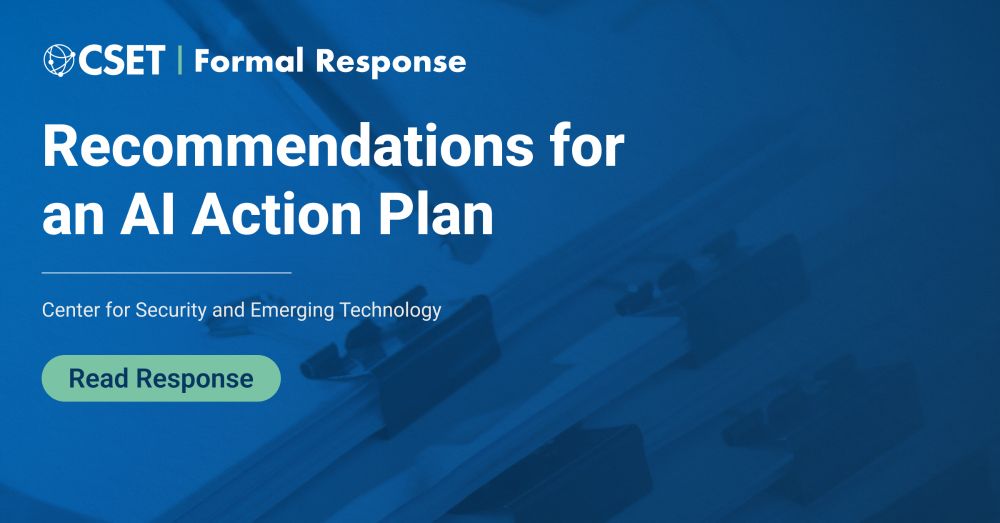
Check out @stephbatalis.bsky.social and I's piece breaking down the kind of decisions screeners have to make: thebulletin.org/2025/04/how-...
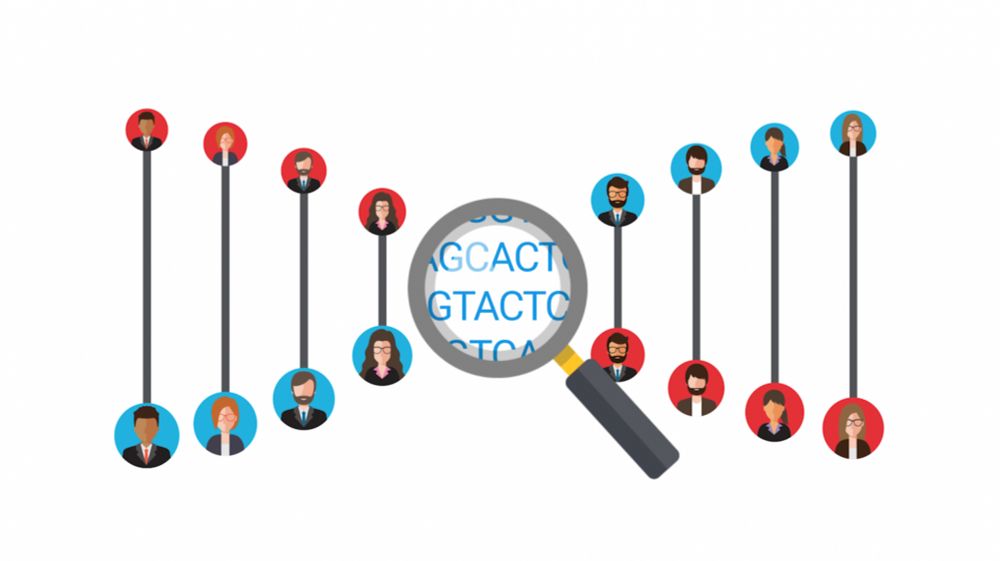
Check out @stephbatalis.bsky.social and I's piece breaking down the kind of decisions screeners have to make: thebulletin.org/2025/04/how-...
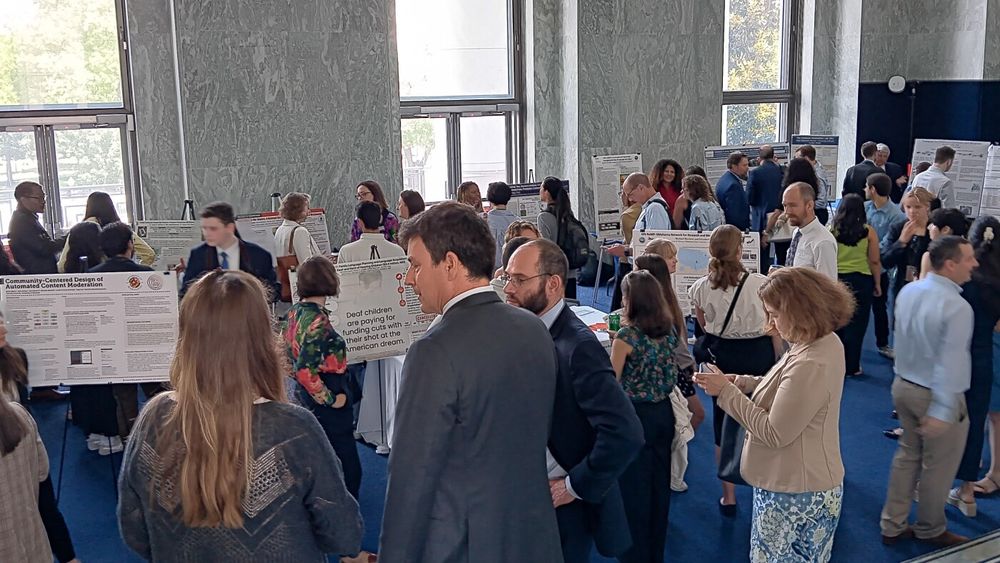
This article is fascinating- it points out that while much of the AMR prevention discussion focuses on overuse of antimicrobials, underuse can also be a major issue.
This article is fascinating- it points out that while much of the AMR prevention discussion focuses on overuse of antimicrobials, underuse can also be a major issue.
There's no perfect method, but safety evaluations are the best tool we have.
That said, different evals answer different questions about a model!
Effectively evaluating AI models is more crucial than ever. But how do AI evaluations actually work?
In their new explainer,
@jessicaji.bsky.social, @vikramvenkatram.bsky.social &
@stephbatalis.bsky.social break down the different fundamental types of AI safety evaluations.
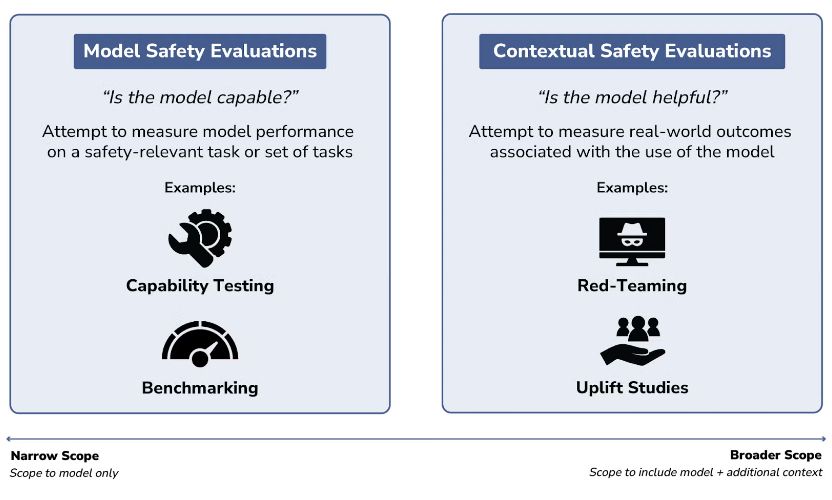
There's no perfect method, but safety evaluations are the best tool we have.
That said, different evals answer different questions about a model!
In our recent blog post, we explore the different questions we can ask about safety, how we can start to measure them, and what it means for AIxBio. Check it out! ⬇️
Effectively evaluating AI models is more crucial than ever. But how do AI evaluations actually work?
In their new explainer,
@jessicaji.bsky.social, @vikramvenkatram.bsky.social &
@stephbatalis.bsky.social break down the different fundamental types of AI safety evaluations.

In our recent blog post, we explore the different questions we can ask about safety, how we can start to measure them, and what it means for AIxBio. Check it out! ⬇️
America's biodefense strategy uses robust health infrastructure to deter bad actors. Right now, we're tearing down our own defenses so adversaries don't have to.
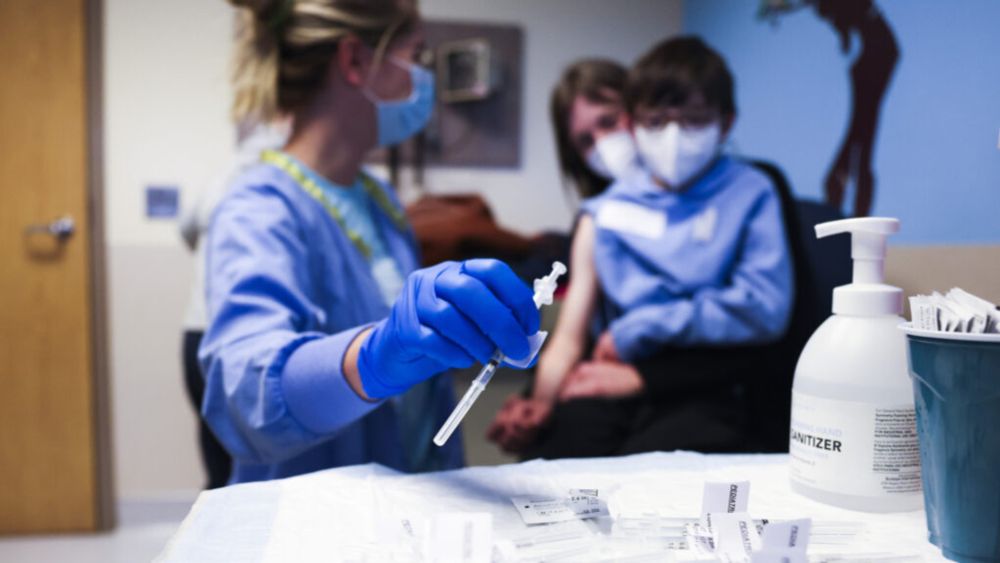
America's biodefense strategy uses robust health infrastructure to deter bad actors. Right now, we're tearing down our own defenses so adversaries don't have to.
www.medpagetoday.com/special-repo...
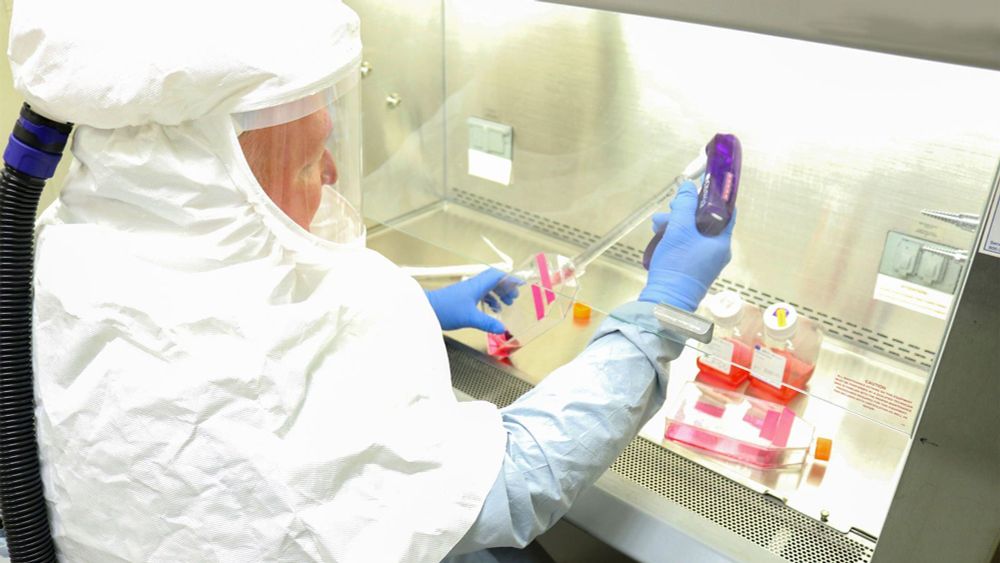
www.medpagetoday.com/special-repo...
@defenseone.bsky.social
“Dismantling critical preparedness offices, cutting infrastructure and funding, and allowing misinformation to derail the response are not just bad for healthcare—they’re dangerous national security signals.”
www.defenseone.com/ideas/2025/0...
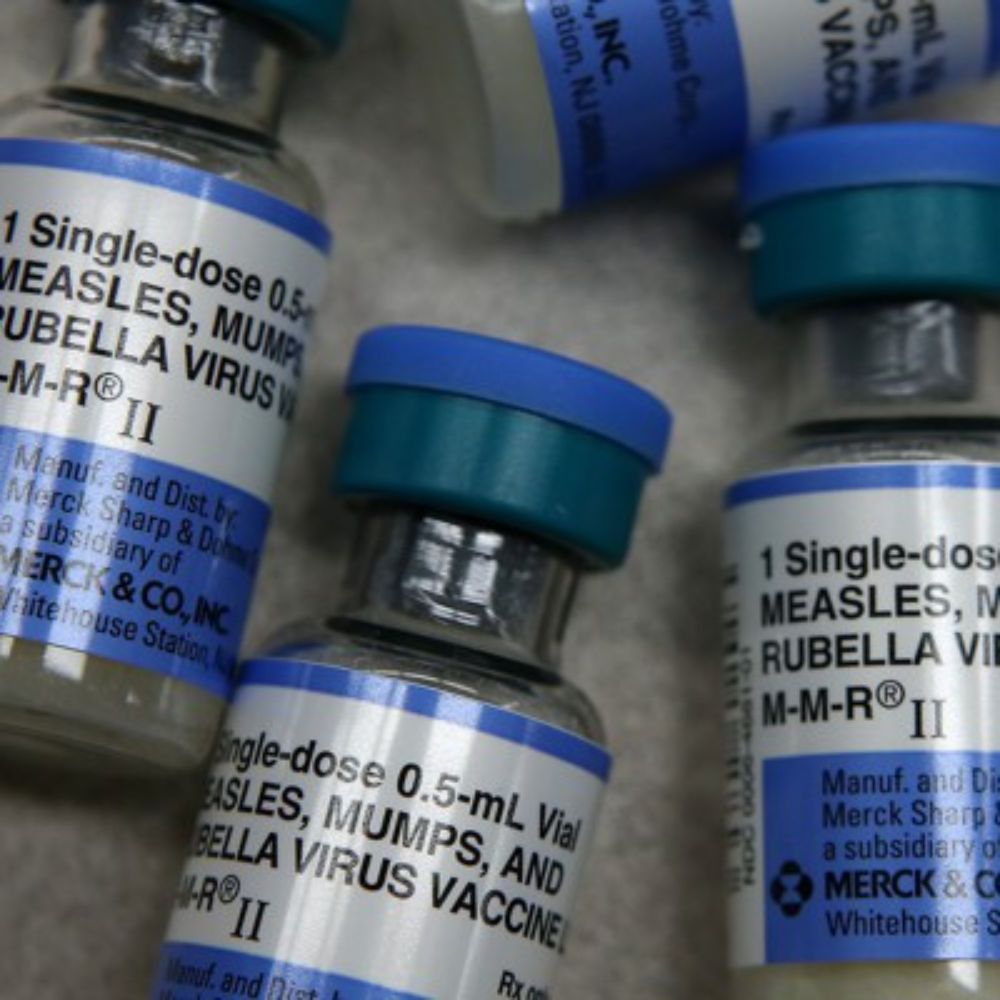
@defenseone.bsky.social
This week's Pandora Report includes a new opportunity to learn about GMU's Biodefense MS program, publication of a new PRC whitepaper on COVID-19 origins, discussion of the impact of Trump administration's second first 100 days on public health, and more.
pandorareport.org
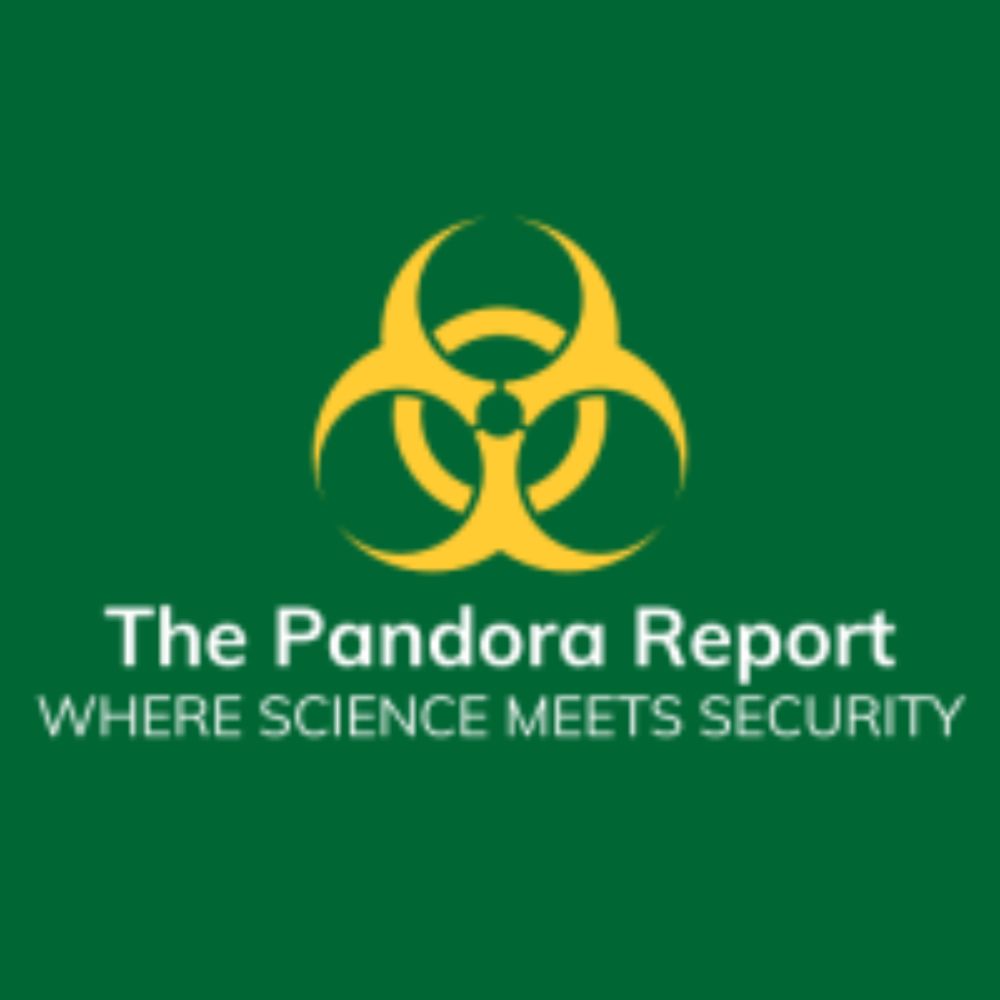
“Dismantling critical preparedness offices, cutting infrastructure and funding, and allowing misinformation to derail the response are not just bad for healthcare—they’re dangerous national security signals.”
www.defenseone.com/ideas/2025/0...

“Dismantling critical preparedness offices, cutting infrastructure and funding, and allowing misinformation to derail the response are not just bad for healthcare—they’re dangerous national security signals.”
www.defenseone.com/ideas/2025/0...
For @thebulletin.org, CSET's @stephbatalis.bsky.social & @vikramvenkatram.bsky.social explore what it takes to keep things safe. thebulletin.org/2025/04/how-...
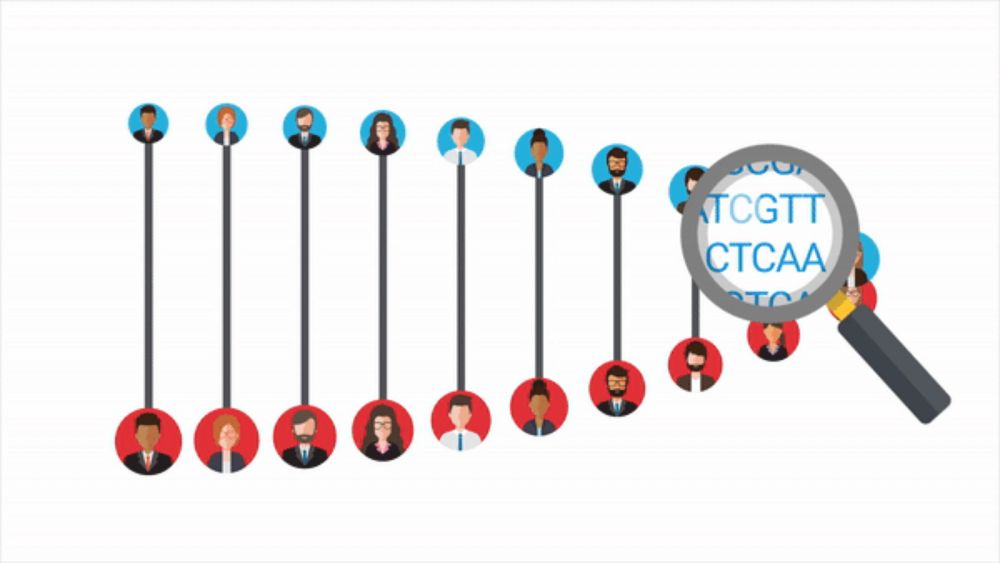
For @thebulletin.org, CSET's @stephbatalis.bsky.social & @vikramvenkatram.bsky.social explore what it takes to keep things safe. thebulletin.org/2025/04/how-...
How? Here are three recommendations.
"How to stop bioterrorists from buying dangerous DNA," by @stephbatalis.bsky.social and @vikramvenkatram.bsky.social. ⬇️
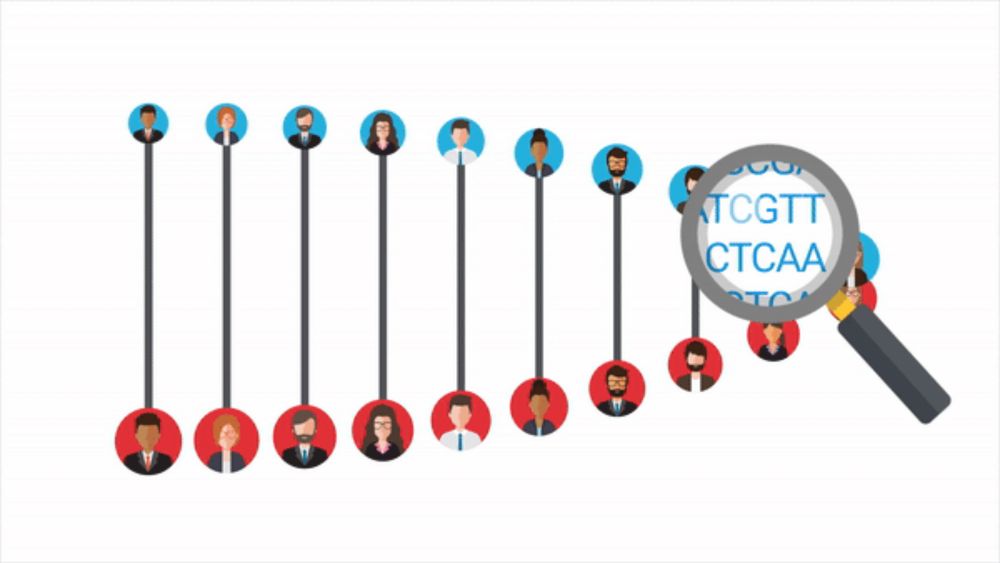
docs.google.com/document/d/1...
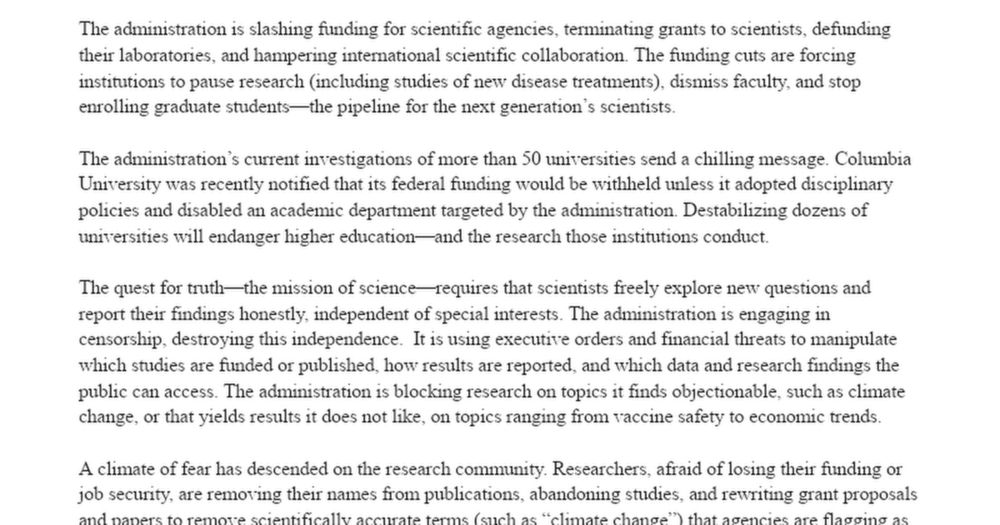
docs.google.com/document/d/1...
shorturl.at/PgUK0

shorturl.at/PgUK0
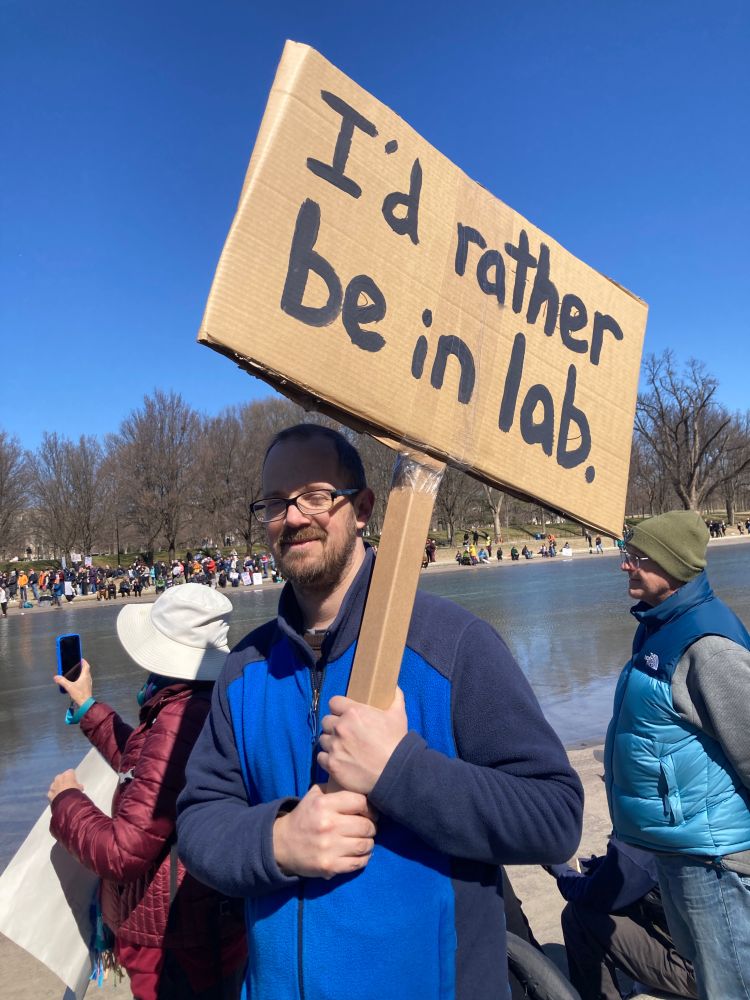
We aren’t just at risk of losing out on essential scientific advances. The global leader also gets to set global norms, shape future tech, and a HUGE economic advantage.
eto.tech/blog/federal...
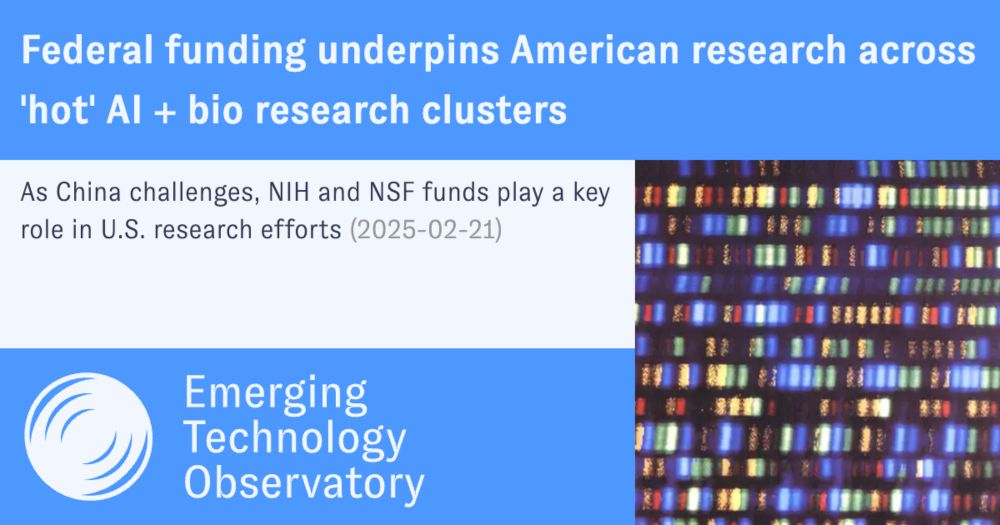
We aren’t just at risk of losing out on essential scientific advances. The global leader also gets to set global norms, shape future tech, and a HUGE economic advantage.
eto.tech/blog/federal...
Federal Register notices are blocked, so no grant-review sessions can be scheduled.
All the gritty details here, and a short 🧵:
www.nature.com/articles/d41...
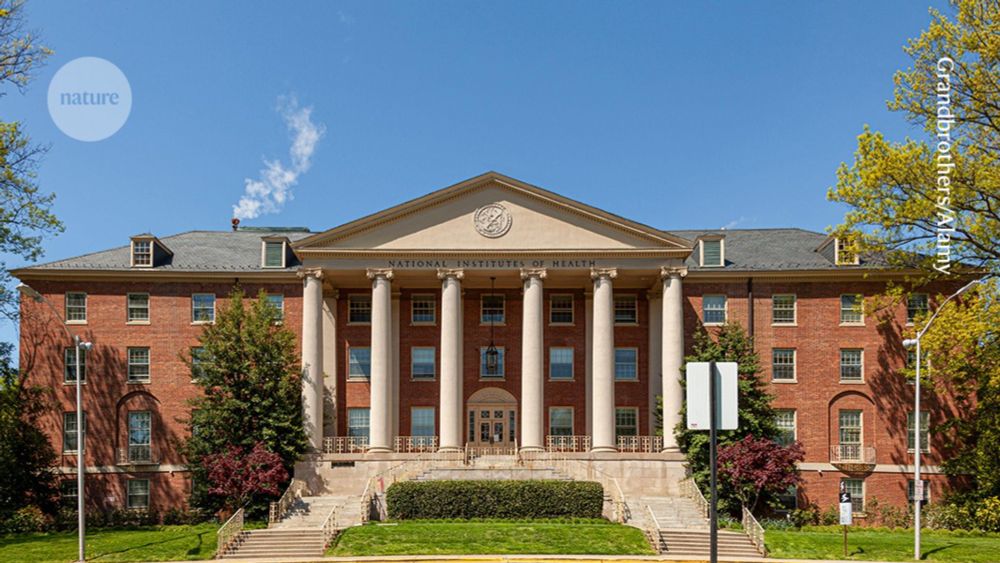
Read more in my recent post with CSET's ETO👇

Read more in my recent post with CSET's ETO👇
⬇️Here are a few policy implications I’ll be keeping an eye on:

⬇️Here are a few policy implications I’ll be keeping an eye on:
Don’t take it from me - join the virtual CSET water cooler here: bsky.app/starter-pack...
Don’t take it from me - join the virtual CSET water cooler here: bsky.app/starter-pack...
Our new report by CSET's @stephbatalis.bsky.social explains more 🧬🧪 cset.georgetown.edu/publication/...


